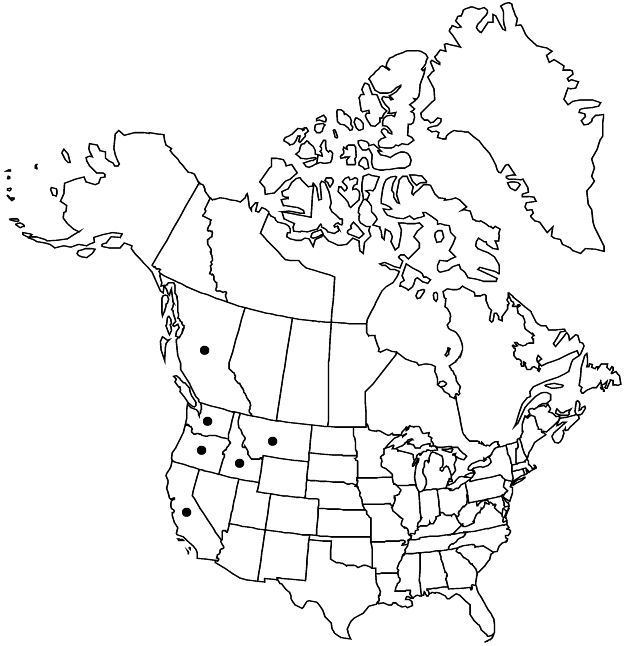Difference between revisions of "Frangula purshiana"
Trans. Amer. Med. Assoc. 10: 228. 1857.
FNA>Volume Importer |
RevisionBot (talk | contribs) m (Bot: Adding category Revised Since Print) |
||
| Line 78: | Line 78: | ||
}}<!-- | }}<!-- | ||
| − | -->[[Category:Treatment]][[Category:Frangula]] | + | --> |
| + | |||
| + | [[Category:Treatment]] | ||
| + | [[Category:Frangula]] | ||
| + | [[Category:Revised Since Print]] | ||
Revision as of 19:40, 25 September 2019
Shrubs or trees, 1–12 m. Stems red to brown, gray, or green, glabrous or densely hairy. Leaves deciduous or semideciduous, alternate; petiole 6–23 mm; blade usually pale green abaxially, green to bluish or greenish gray adaxially, not glaucous or glaucous when fresh, elliptic to oblong or oblong-obovate, (3.5–)5–15 cm, herbaceous or distinctly coriaceous, base rounded to subcordate, obtuse, or cuneate, margins entire, irregularly toothed, or serrulate, apex obtuse or truncate, both surfaces glabrous or sparsely to densely hairy, or adaxial velvety; secondary veins 9–11 pairs. Inflorescences umbels, pedunculate, 10–25-flowered. Pedicels 5–15 mm. Stigmas 2–3-lobed. Drupes black, globose to depressed-globose, 5–10 mm; stones 3.
Distribution

w North America.
Discussion
Subspecies 3 (3 in the flora).
Selected References
None.
Lower Taxa
Key
| 1 | Leaf blades distinctly coriaceous, glaucous adaxially when fresh, surfaces papillate. | Frangula purshiana subsp. ultramafica |
| 1 | Leaf blades herbaceous, not glaucous adaxially when fresh, surfaces not papillate. | > 2 |
| 2 | Leaf blade bases usually rounded to subcordate. | Frangula purshiana subsp. purshiana |
| 2 | Leaf blade bases usually cuneate. | Frangula purshiana subsp. anonifolia |